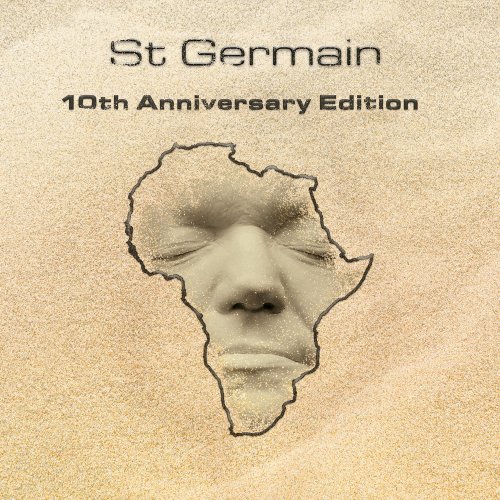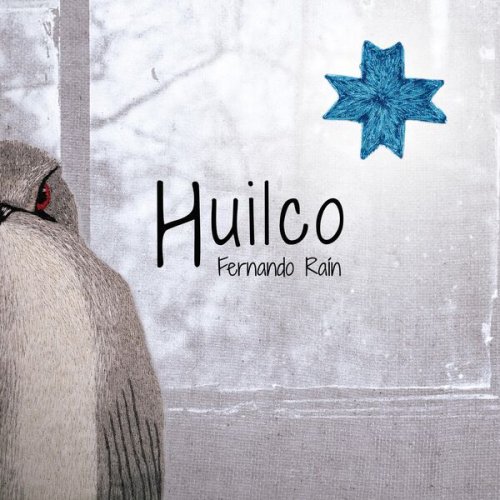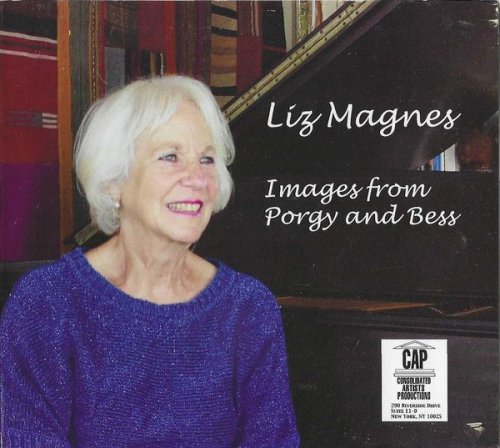Lo Moon - Lo Moon (2018)
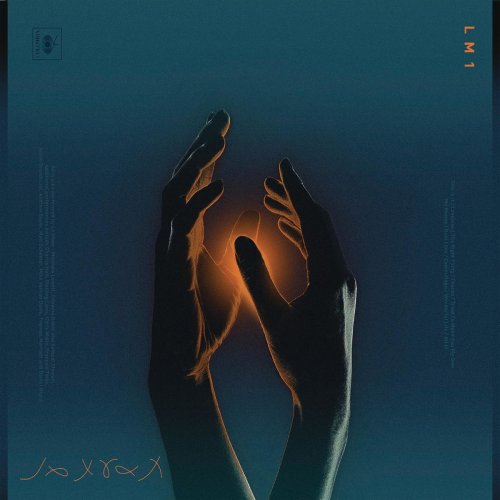
Artist: Lo Moon
Title: Lo Moon
Year Of Release: 2018
Label: Columbia
Genre: Indie Rock, Indie Pop, Electronic
Quality: 320 / FLAC (tracks)
Total Time: 49:37
Total Size: 115 / 297 Mb
WebSite: Album Preview
Tracklist: Title: Lo Moon
Year Of Release: 2018
Label: Columbia
Genre: Indie Rock, Indie Pop, Electronic
Quality: 320 / FLAC (tracks)
Total Time: 49:37
Total Size: 115 / 297 Mb
WebSite: Album Preview
01. This Is It (5:12)
02. Loveless (7:03)
03. The Right Thing (3:54)
04. Thorns (5:34)
05. Tried to Make You My Own (5:34)
06. My Money (4:49)
07. Real Love (4:18)
08. Camouflage (4:23)
09. Wonderful Life (4:02)
10. All In (4:46)
The L.A. band behind 2016’s slow-burning single “Loveless” turns in a perilously top-heavy debut album.
In September 2016, there was the zeitgeist and there was Lo Moon’s debut single “Loveless,” a space about a billion light-years away where sophisti-pop and shoegaze snuck off for seven minutes of heaven. Suspiciously well-produced and promoted, “Loveless” was the only Lo Moon song in existence for nearly a year, during which it attracted the attention of Columbia Records, former Death Cab For Cutie guitarist/producer Chris Walla, festival bookers, and Coachella-core heavyweights MUNA and the Temper Trap. This phenomenon was dutifully documented, most thoroughly by NPR, which has published 20 pieces of Lo Moon content in the past six months. Nearly all would note that their guitarist was the son of Eurythmics’ Dave Stewart. Ah, but plausible deniability for you industry-plant theorists: “Loveless” took nearly five years to evolve from singer Matt Lowell’s original demo to its final released version. Nevertheless, “Loveless” remains a song with a lot riding on it. Without it, there’s no Lo Moon and there’s definitely no Lo Moon, the perilously top-heavy LP it’s expected to carry on its own. If they had a more shitposty sense of humor, they could’ve just called it Loveless.
It’s not like they have any real issue with telegraphing their influences. They’ve covered Prefab Sprout in their live sets, and Lowell has acknowledged that Talk Talk’s Mark Hollis is, “especially vocally, a big influence on me.” This is a massive understatement on two levels, the first of which is that Mark Hollis is the biggest overall influence in every conceivable way on this album’s sound. Most specifically, it lookbooks 1986’s The Colour of Spring, the midpoint between the state-of-the-art pop of early Talk Talk and the timeless, anti-pop spirituals of their later work. Meanwhile, Lowell doesn’t just have almost the exact same vocal timbre as Hollis, both sonorous and strangely clipped like a muted horn, but the same inflections and melodic cadences. Hollis isn’t just the biggest influence on Lowell’s vocals—he might be the only one.
You could do a lot worse than Talk Talk as far as role models, and you can’t do much better. But when a relative unknown attempts and mostly succeeds with emulating a singular, inimitable presence, you end up with the same distracting Uncanny Valley effect that plagued those what’s-his-names that played Biggie and 2Pac in their recent biopics. It’s not quite them, and it becomes difficult to focus on anything else.
In September 2016, there was the zeitgeist and there was Lo Moon’s debut single “Loveless,” a space about a billion light-years away where sophisti-pop and shoegaze snuck off for seven minutes of heaven. Suspiciously well-produced and promoted, “Loveless” was the only Lo Moon song in existence for nearly a year, during which it attracted the attention of Columbia Records, former Death Cab For Cutie guitarist/producer Chris Walla, festival bookers, and Coachella-core heavyweights MUNA and the Temper Trap. This phenomenon was dutifully documented, most thoroughly by NPR, which has published 20 pieces of Lo Moon content in the past six months. Nearly all would note that their guitarist was the son of Eurythmics’ Dave Stewart. Ah, but plausible deniability for you industry-plant theorists: “Loveless” took nearly five years to evolve from singer Matt Lowell’s original demo to its final released version. Nevertheless, “Loveless” remains a song with a lot riding on it. Without it, there’s no Lo Moon and there’s definitely no Lo Moon, the perilously top-heavy LP it’s expected to carry on its own. If they had a more shitposty sense of humor, they could’ve just called it Loveless.
It’s not like they have any real issue with telegraphing their influences. They’ve covered Prefab Sprout in their live sets, and Lowell has acknowledged that Talk Talk’s Mark Hollis is, “especially vocally, a big influence on me.” This is a massive understatement on two levels, the first of which is that Mark Hollis is the biggest overall influence in every conceivable way on this album’s sound. Most specifically, it lookbooks 1986’s The Colour of Spring, the midpoint between the state-of-the-art pop of early Talk Talk and the timeless, anti-pop spirituals of their later work. Meanwhile, Lowell doesn’t just have almost the exact same vocal timbre as Hollis, both sonorous and strangely clipped like a muted horn, but the same inflections and melodic cadences. Hollis isn’t just the biggest influence on Lowell’s vocals—he might be the only one.
You could do a lot worse than Talk Talk as far as role models, and you can’t do much better. But when a relative unknown attempts and mostly succeeds with emulating a singular, inimitable presence, you end up with the same distracting Uncanny Valley effect that plagued those what’s-his-names that played Biggie and 2Pac in their recent biopics. It’s not quite them, and it becomes difficult to focus on anything else.
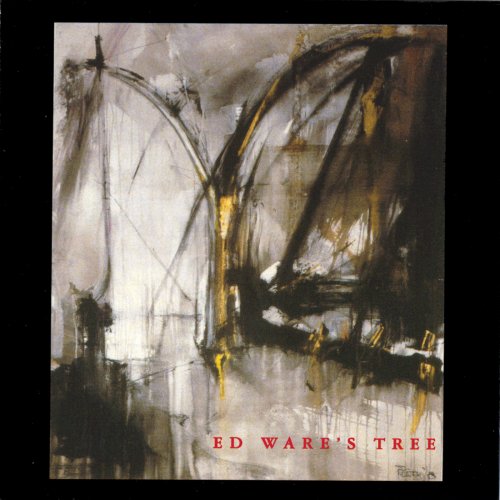
![John Abercrombie, Dave Holland & Jack DeJohnette - Gateway (1975/2025) [Hi-Res] John Abercrombie, Dave Holland & Jack DeJohnette - Gateway (1975/2025) [Hi-Res]](https://www.dibpic.com/uploads/posts/2025-12/1765471735_cover.jpg)
![Collin Walcott - Cloud Dance (1976/2025) [Hi-Res] Collin Walcott - Cloud Dance (1976/2025) [Hi-Res]](https://www.dibpic.com/uploads/posts/2025-12/1765538423_cover.jpg)
![Martin Diaz - El Goce (2025) [Hi-Res] Martin Diaz - El Goce (2025) [Hi-Res]](https://www.dibpic.com/uploads/posts/2025-12/1765508962_qnqc8iqcv0c0b_600.jpg)
![Tomasz Stańko - Unit (Polish Radio Sessions vol. 2/6) (2025) [Hi-Res] Tomasz Stańko - Unit (Polish Radio Sessions vol. 2/6) (2025) [Hi-Res]](https://www.dibpic.com/uploads/posts/2025-12/1765790300_cover.jpg)
